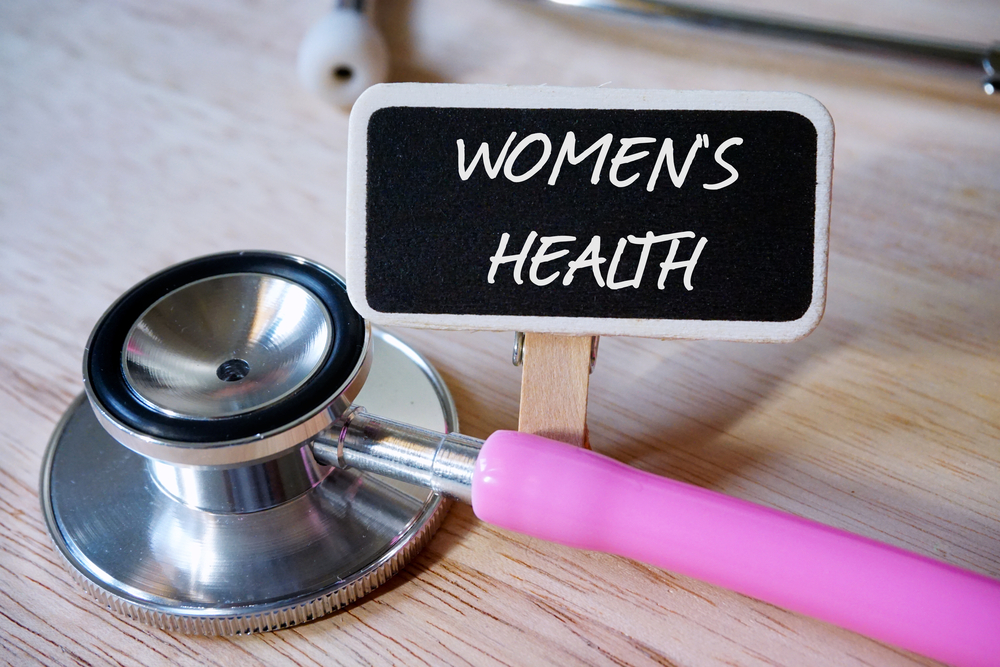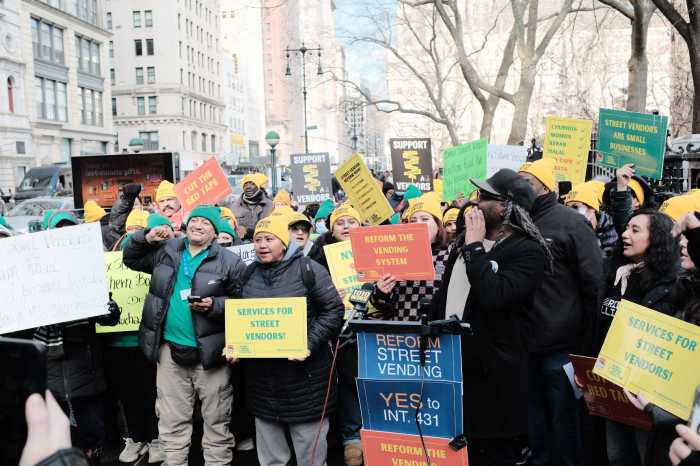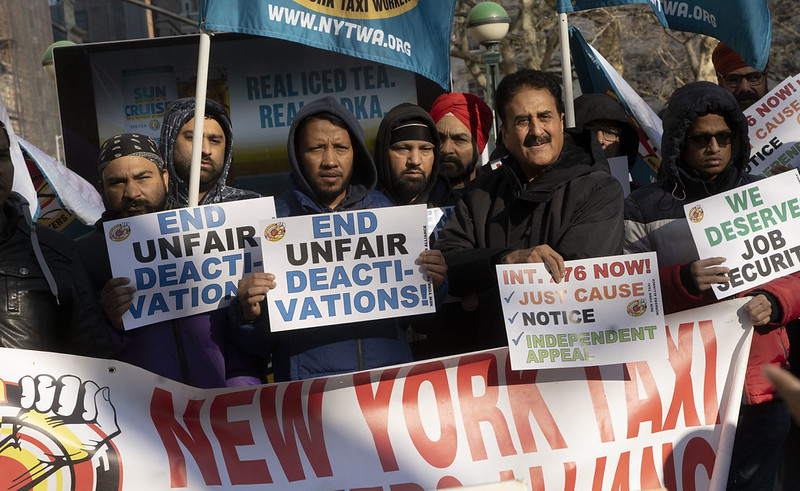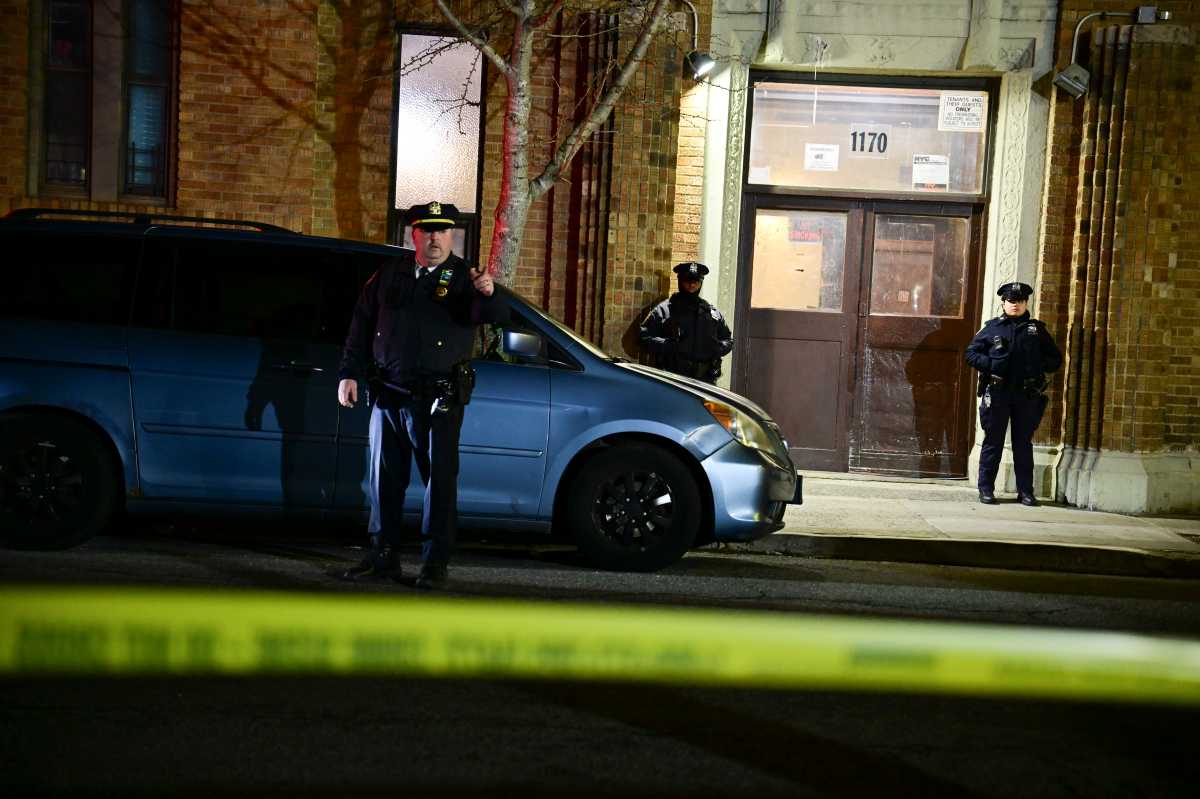Many women are concerned that their reproductive rights might be in jeopardy after the new president takes office in January, and one Queens lawmaker is fighting to protect women’s health here in the city.
The New York City Council’s Committee on Health took a look at three health related bills introduced by Councilwoman Elizabeth Crowley on Wednesday, Dec. 7. These bills are aimed at addressing vaccination rates for the human papillomaviruses (HPV), long-acting reversible contraceptives (LARCs) and maternal mortality.
“Too often in New York City, women’s health services are not prioritized. This can adversely affect our communities — because women’s health lends to the family’s health, which lends to our city’s health,” Crowley said. “These three bills will increase reporting to key pieces of the puzzle for a woman’s health. If the city is more transparent and we have information on vaccination rates, use of LARCs and maternal mortality, we can better determine how to move forward with the best resources for all New York City women.”
The first of the three bills — Introduction 1161 — would require the Department of Health and Mental Hygiene (DOHMH) to provide the Council with an annual report on HPV vaccination rates for all New York City residents, both men and women.
HPV is listed as the most common sexually transmitted disease (STD) in the country. It has infected about 79 million people nationwide and affects 14 million more each year. In New York City, an average of 2,375 people are diagnosed with HPV-related cancer each year, nearly two-thirds of whom are women, and half of these new infections occur among those aged 15-24, Crowley said.
Data collected through this bill can be used by the DOHMH to determine the best ways to reach the groups most susceptible to this disease and where early prevention resources are most needed.
“Every New Yorker deserves access to the full range of sexual and reproductive health care services,” said Christina Chang, vice president of public affairs at Planned Parenthood of New York City. “We look forward to continuing to work together to improve access to contraception, stop the spread of HPV, reduce maternal mortality rates, and improve the health of all New Yorkers.”
Introduction 1162 would require DOHMH to report on the use of LARCs by New York City residents, including the use of intrauterine devices (IUDs) and implants, which are the most effective forms of reversible birth control. Most women, however, opt for another form of birth control because of misinformation or high costs.
The final bill, Introduction 1172 would require DOHMH to annually report maternal mortality rates to the City Council Speaker, including the number of deaths by women who were pregnant or recently pregnant at the time of death, the rate of these deaths per 100,000 births, the leading causes and recommendations regarding actions the city can take to improve maternal health and reduce maternal mortality.
Currently the Mayor’s Management Report does not provide any data on the rates of maternal mortality, Crowley said. Instead, the Department of Health issues a report every five years.
“While all three issues are important, we are especially pleased that this proposed legislation will highlight maternal mortality, which continues to have a devastating impact on women of color and immigrant communities,” said Cheryl Hall, executive director of the Caribbean Women’s Health Association. “We will continue to work with the City Council and the NYCDOHMH to develop strategies to improve the overall health of women and eliminate maternal mortality in New York City.”


































